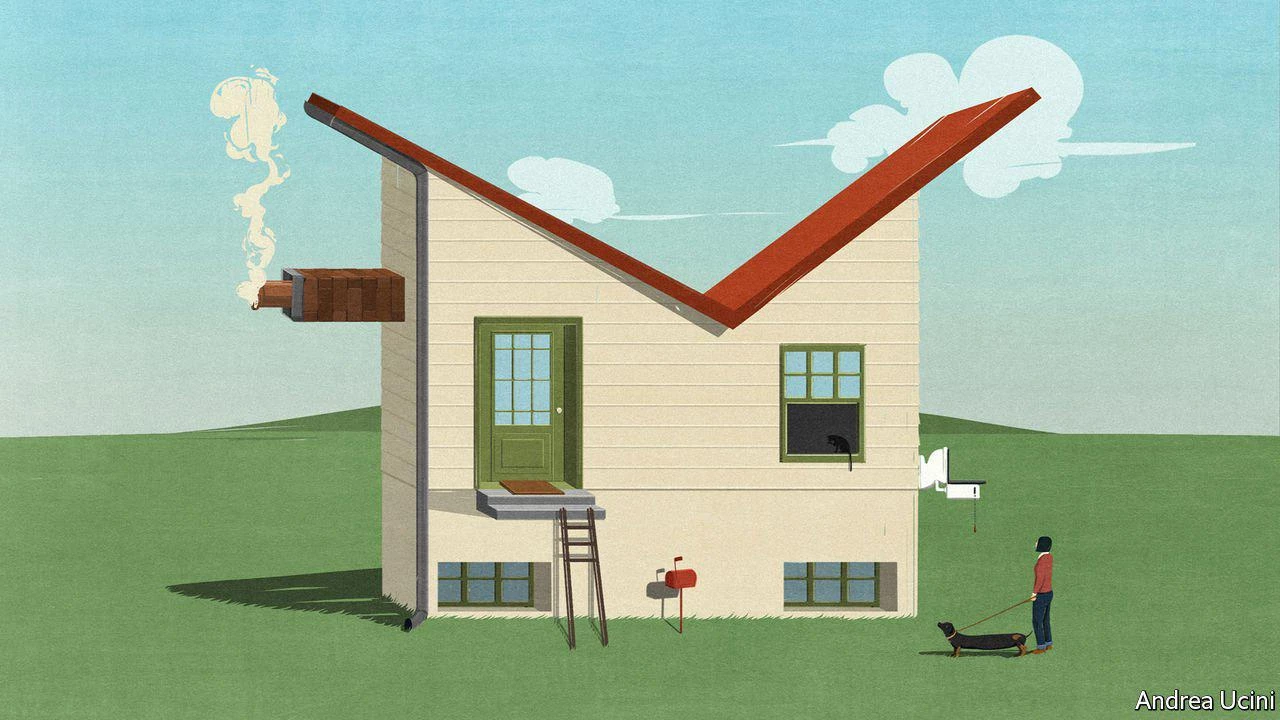
Economies can suffer both sudden crashes and chronic diseases. Housing markets in the rich world have caused both types of problem. A trillion dollars of dud mortgages blew up the financial system in 2007-08. But just as pernicious is the creeping dysfunction that housing has created over decades: vibrant cities without space to grow; ageing homeowners sitting in half-empty homes who are keen to protect their view; and a generation of young people who cannot easily afford to rent or buy and think capitalism has let them down. As our special report this week explains, much of the blame lies with warped housing policies that date back to the second world war and which are intertwined with an infatuation with home ownership. They have caused one of the rich world’s most serious and longest-running economic failures. A fresh architecture is urgently needed.
At the root of that failure is a lack of building, especially near the thriving cities in which jobs are plentiful. From Sydney to Sydenham, fiddly regulations protect an elite of existing homeowners and prevent developers from building the skyscrapers and flats that the modern economy demands. The resulting high rents and house prices make it hard for workers to move to where the most productive jobs are, and have slowed growth. Overall housing costs in America absorb 11% of gdp, up from 8% in the 1970s... [+]


